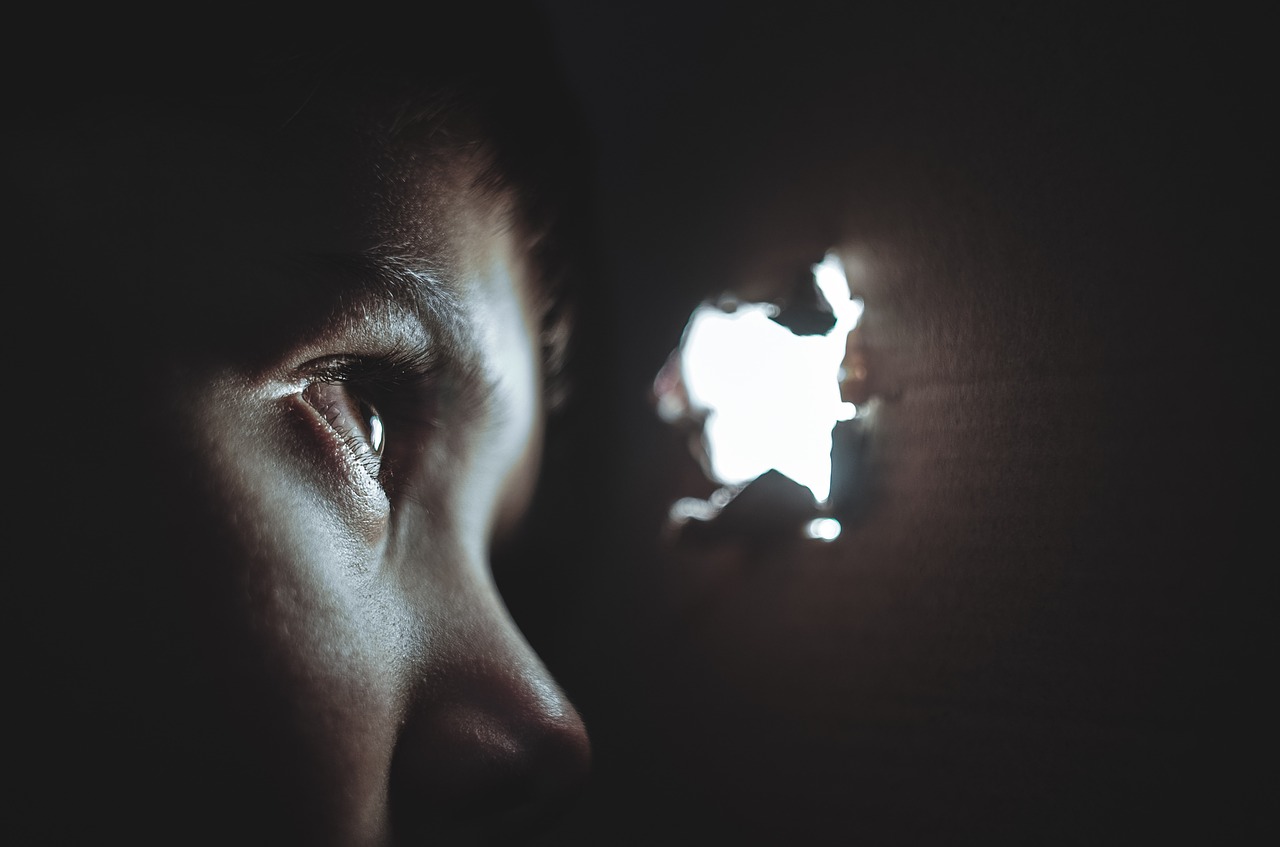Experiencing Rejection & Other Adverse Childhood Experiences Can Cause….
“It is difficult to imagine anyone ever feeling good about being shunned, excluded, ostracized or abandoned. Even when people are not rejected outright, they may become upset simply from feeling that others do not accept them as much as they would like.” Mark R. Leary, Interpersonal Rejection.
A National Survey was conducted in 1977 among grammar school students by Temple University’s Institute for Survey Research. Of a total sample of 2208 children, nearly one in seven was, by the admission of the parents, a consciously unwanted pregnancy. These unwanted children were found to be in poorer health, to have more learning problems, and to be more prone to accidents or injuries than were planned-pregnancy children. In 1995, the National Survey for Family Growth compiled these 1994 statistics: 49% of 100 pregnancies were unintended. 54% of those unintended pregnancies were aborted. -J.J. Evoy, The Rejected.
Based on these statistics alone, it can be seen that many pregnancies were unwanted, to be sure.
Children who experience themselves to be rejected also display a constellation of personality dispositions and syndromes, including:
– Hostility
– Aggression
– Passive-aggression
– Emotional unresponsiveness
– Immature dependence or defensive independence
– Impaired self-esteem
– Impaired self-adequacy
– Emotional instability
– Negative world-view
According to the well-known ACE Study (Adverse Childhood Experiences Study) conducted at California’s Kaiser-Permanente Hospital between 1995-1997, it discovered the direct correlation between adverse childhood experience and physical and emotional well-being in later years.
Also look up Dr Vincent Feletti’s name on the web for further informational videos. The reality is that traumatic childhood events cause, in most cases, physical and emotional abnormalities in adulthood. In a conference with Dr. Vincent Feletti, the founder of the ACE Study, we discovered that Parkinson’s Disease has childhood rejection or abandonment as a predisposing factor. While many physicians and other professionals appreciate this study, very few include it in their practice with patients, Dr. Feletti told us. We feel that this is such a sad state of affairs, because so much illness, early deaths, suicide and miserable lives of victims can be prevented or helped toward wholeness with a program like Binding the Wounds or The Journey. Dr Feletti told us that so much pain and suffering could be prevented if people would acknowledge the trauma they experienced and choose to process through one of our programs.
Please remember that of all of the abuses, rejection is considered to be the most harmful, because it sets the stage for a lifelong personal view of oneself. Physical, sexual and emotional abuse all cause feelings of rejection in the victim.
If you have experienced one of these traumas, consider getting help through professional counseling by a therapist whose specialty is childhood abuse or planning to go through Binding the Wounds or The Journey.



